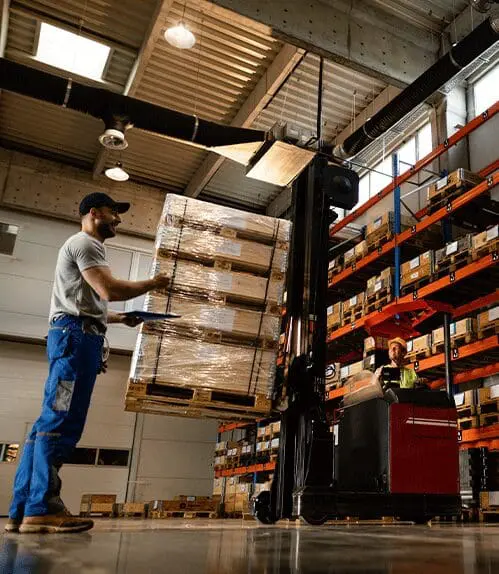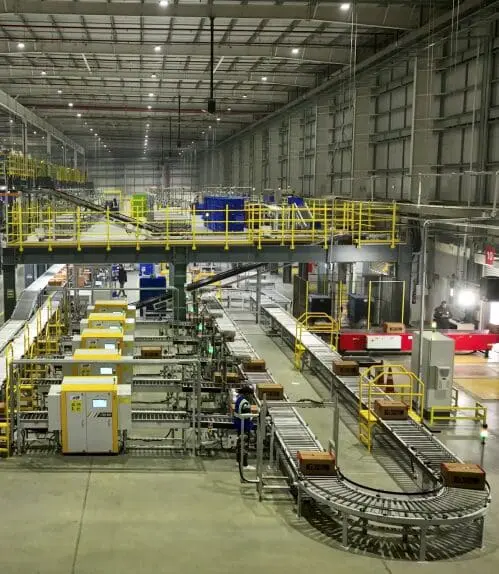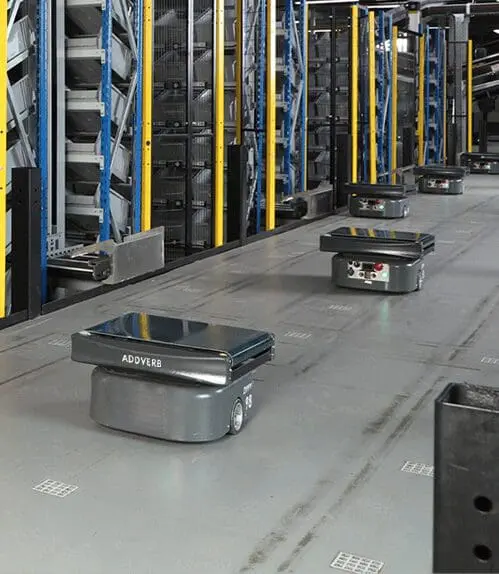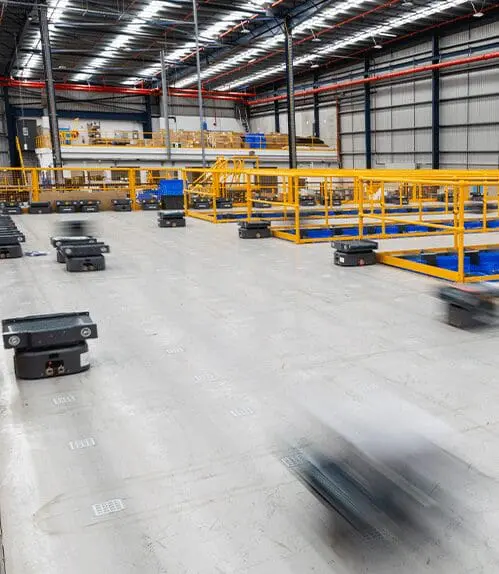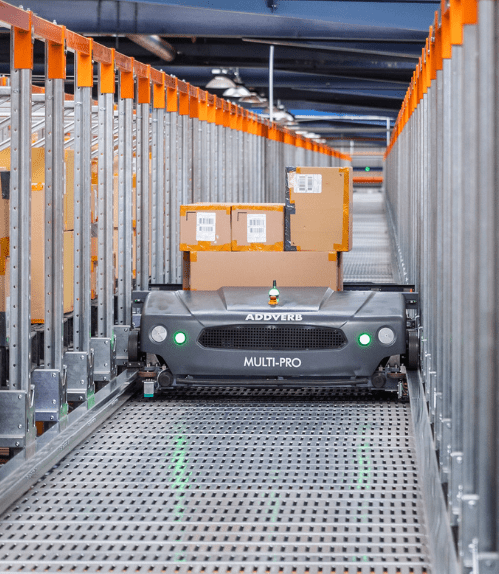Table of Contents
What is Technological Ecology?
Projected to soar to a value of around USD 3 Trillion by 2030, the warehousing industry stands at a transformative crossroads.
The supply chain industry was stretched to the limit due to COVID-induced lockdowns and disruptions. Now, they must reinvent themselves as efficient, well-oiled machines. This change is necessary as the demand, which was driven by precautionary savings and excess liquidity, seems to be diminishing.
The sector wrestles with staffing issues, workplace injuries, higher inventory levels, and escalating consumer demands for faster deliveries.
While many view warehouse automation and robotics as tools to curtail fulfilment costs and address labour shortages, it solves a bigger problem by making supply chains more efficient by enhancing productivity and minimising errors, this gives you an ability to do more from less, thus not only boosting your bottom line but also substantially diminishing a business’s carbon footprint.
This drive towards efficiency aligns seamlessly with the principle of “technological ecology“, that basically means the drive to create a balance between livelihoods today while protecting the needs of the future generations. An ethos that resonates with the Sustainable Development Goals set out by the United Nations.
In this article, enterprises will discover the transformative role of warehouse automation and technology in creating a sustainable supply chain that can drive inclusive growth.
Material Requirements
Intelligent warehouse automation solutions largely depend on materials like steel, aluminium, silver, copper, plastics, rare earth metals, and semiconductors.
Rare earth element production poses environmental challenges. Though not truly rare, their extraction and refinement are complex. This process produces significant waste, including radioactive by-products, and contributes to water and soil pollution. Additionally, it demands high energy, resulting in notable greenhouse gas emissions.
Semiconductors demand substantial resources. Producing an integrated circuit on a 30 cm wafer consumes up to 2,200 gallons of water. Additionally, chip manufacturing involves hazardous chemicals that, if mismanaged, can endanger water sources.
Yet, as the industry is evolving, a rising trend is the emphasis on sustainable materials and processes. For example, many organisations are now turning to eco-friendly materials and industrial waste as alternatives to natural materials. Non-virgin plastics, or recycled plastics, are gaining traction as a sustainable alternative, helping reduce the reliance on fresh plastic production.
There’s also a drive for using “self-healing” materials, which come with the ability to repair themselves, contributing to the longevity and sustainability of the materials used in building automation systems.
Energy Consumption
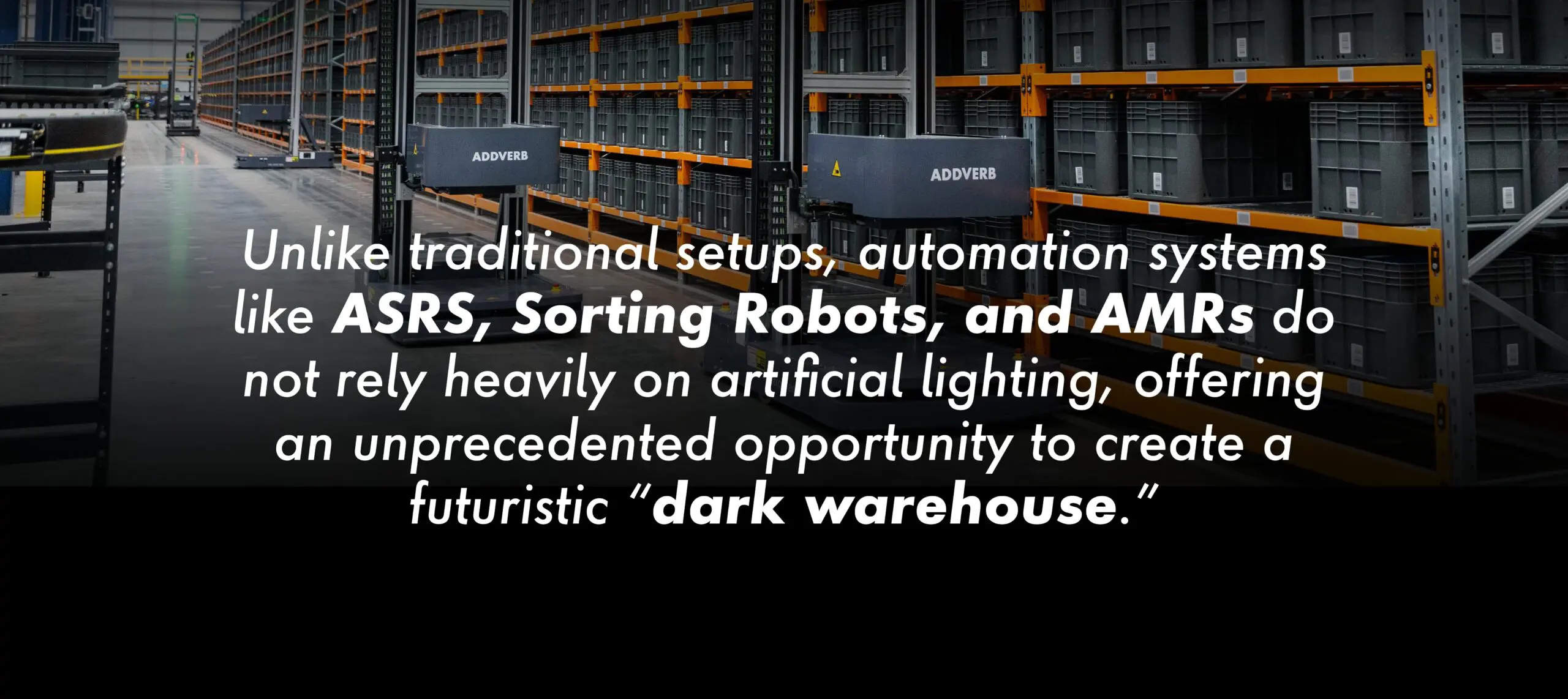
Dark warehouse Solution, not only reduces energy consumption but also contributes to a more sustainable and eco-friendlier operational environment.
The versatility of modern modular racking systems negates the need for constant overhauls, saving both time and resources. Innovations like cool roofs, which reflect sunlight, and green roofs, adorned with vegetation, further regulate internal temperatures, providing both energy and cost savings.
Since energy will still be required to delivery efficiency through automation, it becomes imperative to have clean sources of energy to meet this growing energy demand. Industry is rigorously innovating to reduce its carbon footprint as below:
Microgrid Solutions: Many warehouses combine solar, wind, and other renewables into microgrids for reliable, sustainable energy. Unique regulatory mechanisms enable microgrids to maintain balance and financial efficiency, either through decentralised methods or centralised commands.
Energy-efficient Robots: Modern robots, enhanced by machine learning, streamline tasks for energy conservation. They’re designed to choose the most direct and efficient paths, cutting down needless movement. Plus, when idle, these robots switch to energy-saving modes.
Likewise, Automated Storage and Retrieval Systems (AS/RS system) have energy-recycling capabilities. Specifically, during their descending operations, these systems capture and repurpose energy, further promoting energy conservation.
Advanced Lithium Titanate (LTO) Batteries: Known for rapid charging, these batteries ensure consistent energy for machinery, minimising downtime. Additionally, LTO batteries have a longer life cycle and higher thermal stability, reducing the need for frequent replacements and enhancing safety in warehouse operations.
Industrial Waste
Warehouse equipment inevitably produces waste, from manufacturing by-products and spent lubricants to worn-out parts and obsolete machinery, impacting both operational efficiency and environmental sustainability.
Predictive maintenance extends equipment life by pre-emptively identifying wear and reduces waste by optimising resource use. It minimises unnecessary replacements, cuts down associated operational wastes, ensures energy efficiency, and reduces the risk of hazardous leaks, making operations proactive rather than reactive.
Electronic waste, often laden with toxins like mercury, requires responsible disposal. To tackle this, there’s a shift towards e-waste recycling and innovations like self-learning disassembly robots that efficiently segregate components.
Supply Chain
Circular economy can help make Supply Chains more resilient and sustainable with automation.
Instead of following the traditional “take, make, dispose” model, the circular economy emphasises reducing materials, repurposing, and recycling, ensuring products and solutions last longer to reduce environmental damage.
Another great tactic to optimise your supply chain with AI to align it with customer needs. With the rise of AI, real-time management and tracking of inventory have become relatively easier, ensuring every inch of space is utilised efficiently. This allows accurate demand prediction, which in turn enables efficient inventory management, reducing not just costs but also preventing wastage.
Robotics-as-a-Service
Robotics-as-a-Service (RaaS) presents an intriguing convergence of efficiency and sustainability in the business world. By opting for RaaS, warehouses can tap into advanced automation without the burdens of ownership. This shifts the onus of sustainable manufacturing and responsible disposal or recycling of outdated equipment to RaaS providers, who are better equipped to handle it.
Ideally, with providers committed to green practices, the model can lead to a reduction in resource-intensive production and waste. In this framework, technological ecology is achieved when RaaS providers prioritise both cutting-edge solutions and environmental responsibility.
Addverb’s Commitment to Technological Ecology
By considering the technological ecology from the outset, businesses can ensure that warehouse automation solutions are not only efficient but also sustainable.
At Addverb, we believe, “technology is a natural extension of nature, and every technology impacts the environment, affecting the ecology in one way or another.”
Embodying this philosophy, Addverb has developed a unique approach that combines operational efficiency and ecological mindfulness.
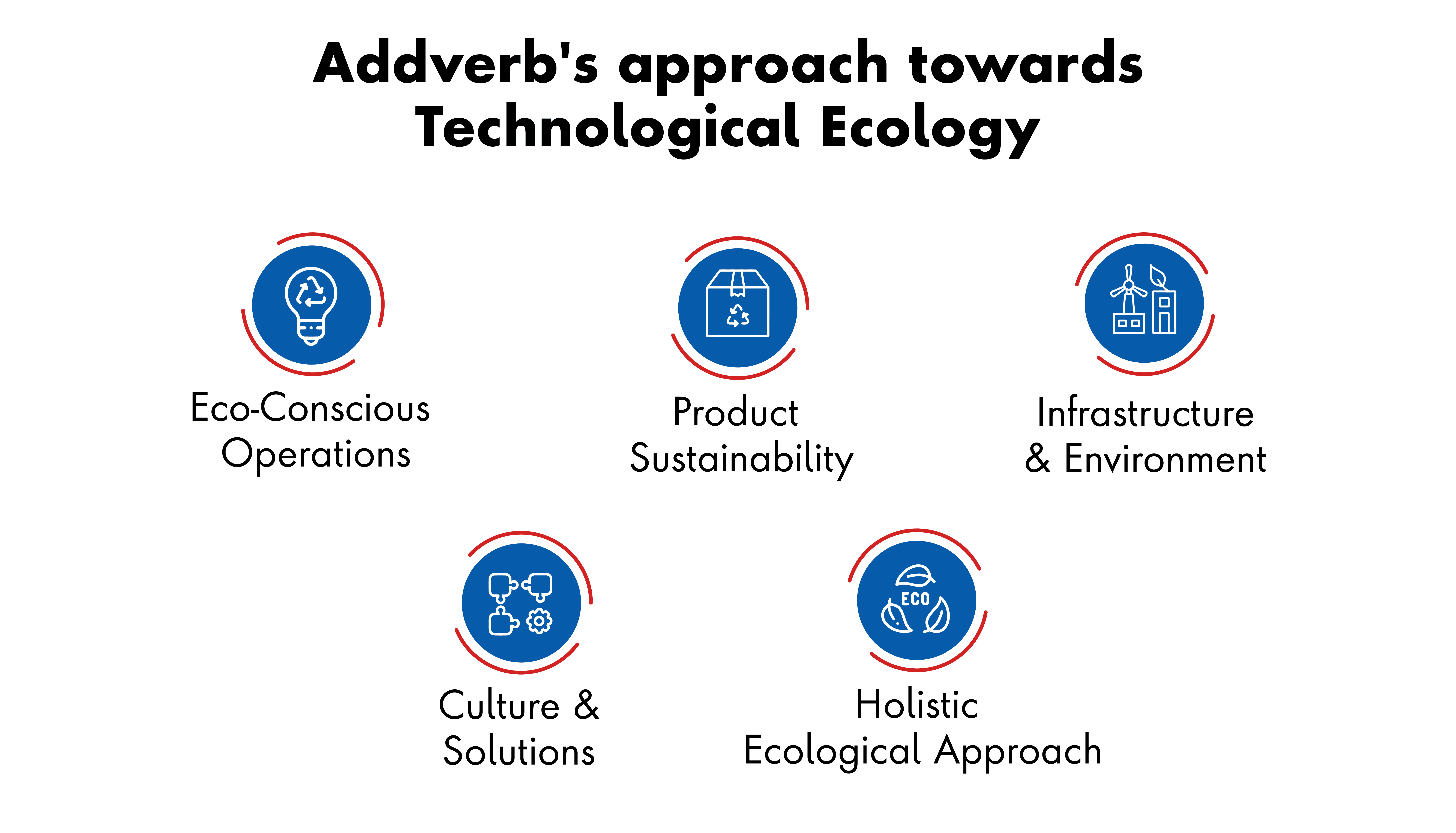
-
Eco-Conscious Operations
Prioritising resource conservation, we actively reduce waste and emissions, amplified by our 600 kWh solar power initiatives.
-
Product Sustainability
Our automation products, crafted with eco-friendly materials, utilise efficient Lithium batteries and champion the innovative use of Non-Virgin Plastic to curtail petroleum dependence.
-
Infrastructure & Environment
Our 20,000 sq mtr green belt not only produces oxygen but also diminishes our carbon footprint. Augmenting this is our 10,000 KL rainwater harvesting system, achieving 55% water positivity.
-
Culture & Solutions
Automation at Addverb ensures an inclusive, safe workplace. Our robots, epitomising flexibility, facilitate efficient production transitions, minimising waste and reducing workplace injuries
-
Holistic Ecological Approach:
With a bond to all environmental elements, we emphasise a balanced ecological approach in our value chain, fusing innovation with sustainable practices.
Addverb has helped many companies like Pepsi, HUL, Panasonic, and many more to achieve their goals of technological ecology.
Your First Step Towards Technological Ecology
As warehousing automation is evolving, the importance of sustainability is becoming more pronounced.
In the words of Sangeet Kumar, Co-founder and CEO of Addverb, the question is no longer “whether automation will help their warehouse operations but what kind of automation should they opt for.”
In the future, efficiency and sustainability will not be at odds but rather intertwined, each catalysing the other – creating the ideal technological ecology for industry leaders. The question is: how swiftly do we embrace the future?


